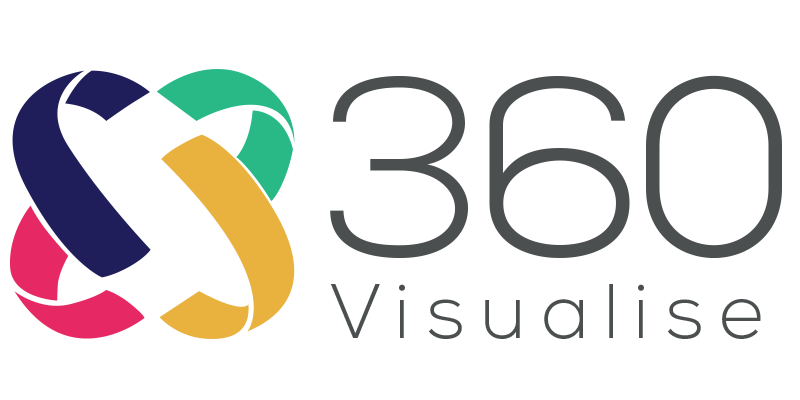
1. Training: An independent specialist could provide training on how to use digital imaging equipment and software, including how to properly position the equipment, how to obtain high-quality images, and how to interpret and analyse the images.
2. Image interpretation: An independent specialist could review digital images obtained by the dentist and provide feedback on the quality of the images and any potential diagnostic findings.
3. Image analysis: 360 Visualise could use specialised software to analyse digital images and provide additional information that may not be immediately visible to the naked eye. This could include measurements of teeth, identification of abnormalities or lesions, and assessment of bone density.
4. Consultation: An independent specialist (360 Visualise) could provide consultation on the use of digital imaging in patient care, including when it is appropriate to use certain types of imaging and how to integrate the results into the patient's treatment plan.
Overall, an independent specialist with expertise in digital imaging can help a dentist improve patient care by providing additional insights and expertise that can enhance the accuracy and effectiveness of diagnosis and treatment.
